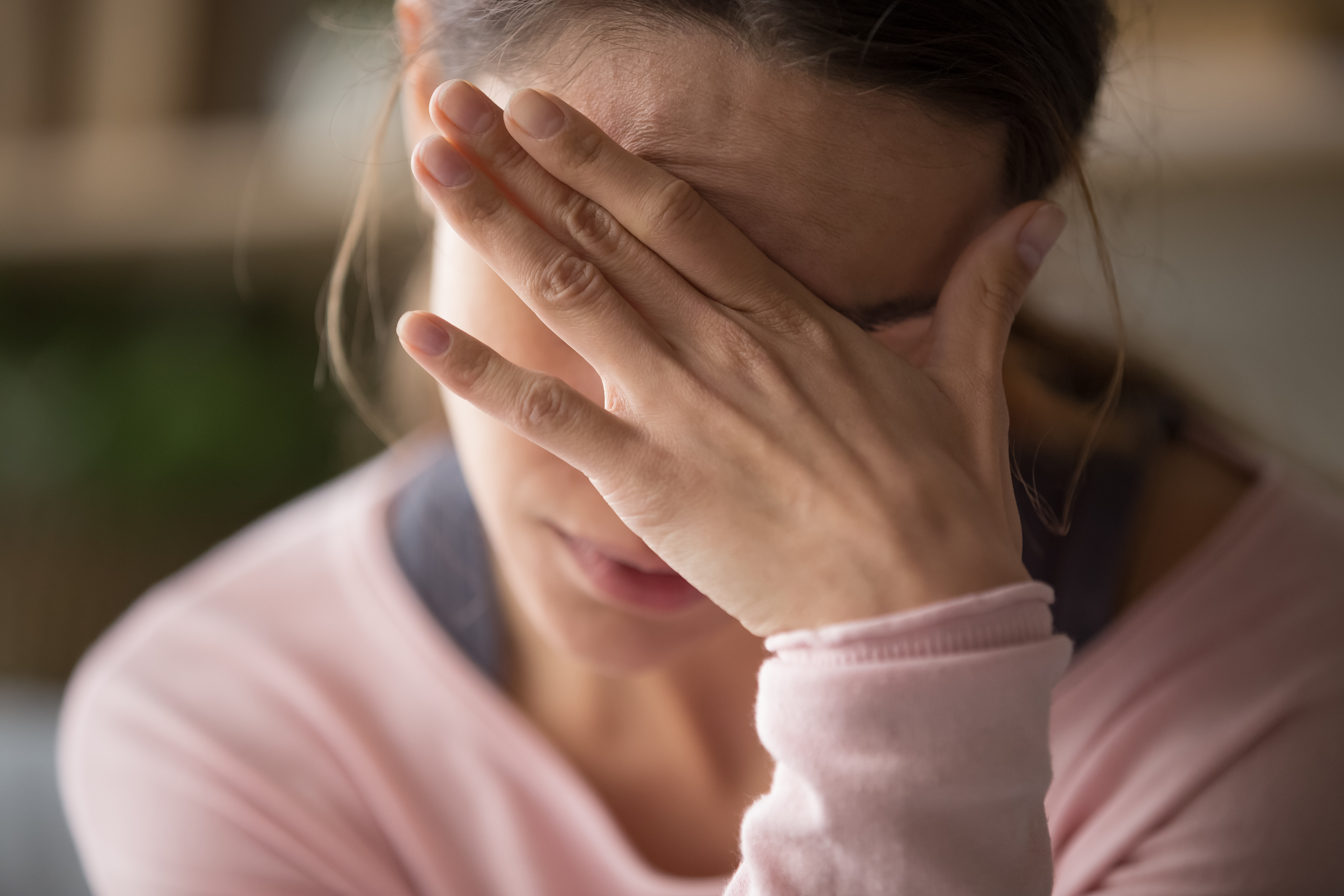Non-Molestation Order

What is a Non-Molestation Order?
The family courts can make Non-Molestation Orders to protect people who have experienced domestic abuse or molestation.
Orders can prohibit the use or threat of violence as well as stopping somebody from contacting you (including online). They can also prevent the person from getting others to contact you on their behalf.
Orders can also prevent someone from coming within a certain distance of your house or place of work.
Breaching a Non-Molestation Order is a criminal offence, if found guilty, the person can be sent to prison.
You can only get a Non-Molestation Order against someone who is associated with you.
What does it mean to be an ‘associated person’?
Before making an order the Court must be satisfied that the person applying for the order is an ‘associated person’ to the individual they are seeking the order against.
The law defines what an associated person is and includes whether you:
- are or have been married to the person
- are or have been civil partners of each other
- are cohabitants or former cohabitants
- live or have lived in the same household otherwise than merely by reason of one being the other’s employee, tenant, lodger or boarder
- are relatives
- have agreed to marry one another
- have entered into a civil partnership agreement
- are or have been in an intimate personal relationship for a significant time
- are parents of, or have Parental Responsibility for a child
- are parties to the same family proceedings.
Has the recent Court decision changed this?
In the recent case of M v D [2021] EWHC 1351 (Fam) the court had to decide if a step-nephew counted as a ‘relative’ and so could be considered an ‘associated person’. The court decided that as the law spelt out certain step-relationships which did count as relatives but that list did not include a step-nephew, it would be stretching what Parliament meant to happen when the law was made, to include a step-nephew. This meant the person who was asking the court for protection could not get an order as her step-nephew was not an associated person
What should you do if you are unsure if you can get a Non-Molestation Order?
Our family law team has over 40 years experience helping those who have been the victim of domestic abuse. Our solicitors are highly experienced and will handle your case with the utmost sensitivity and care.
We will be able to advise you on your likely success of getting a Non Molestation Order, including whether the person you need protection from, will be classed as an ‘associated person’.
Will I have to pay for a Non Molestation Order?
When you contact us, we will be able to provide more information about costs. Legal Aid is available for domestic abuse cases and we would be happy to discuss this with you.
Contact Us
If you would like some further information about getting a Non-Molestation Order, please contact Louise Law on 0191 243 8167, by email at louise.law@davidgray.co.uk or fill in our contact form.



